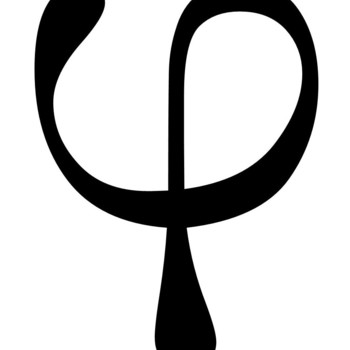Since the #n#th term of an arithmetic sequence is given by the following formula:
#a_n=a_1+d(n-1)#, where #d# is the common difference.
We need to derive a formula we can use to tell us the summation of the first #k# terms of any sequence. We say:
#sum_(n=1)^k(a_1+d(n-1))#, which we can split as:
#sum_(n=1)^ka_1+sum_(n=1)^k(d(n-1))#
When we expand the first summation operator, we get #a_1+a_1+a_1+a_1....+a_1#, where #a_1# is written #k# times. We can write this as #ka_1#, so we now have:
#ka_1+sum_(n=1)^k(d(n-1))#
Since #d# is a constant, we can write take it out of the equation and split it:
#ka_1+d(sum_(n=1)^kn-sum_(n=1)^k1)#
The genius Friedrich Gauss, when he was a little boy, was asked to add up every number from #1# to a hundred. He had:
#s=1+2+3+4....+100#
He realized that you could add #s# to #s#, but flip the numbers around. Basically, he realized:
#s=1+2+3+4...+100#
#s=100+99+98+97....+1#
Adding the series, we get:
#2s=101+101+101....+101#. We write #101# a hundred times. So we can say:
#2s=100(101)#, and dividing by #2#:
#s=(100(101))/2=5500#
So we say that the sum of the first #n# natural numbers can be solved using #(n(n+1))/2#. In mathematical terms, we can write:
#sum_(i=1)^ni=(n(n+1))/2#
So inputting this into our earlier formula, we get:
#ka_1+d((k(k+1))/2+k)#
#ka_1+1/2dk(k+1)-dk#
#1/2k(2a_1+d(k+1)-2d)#
#1/2k(2a_1+dk-d)#
#1/2k(2a_1+d(k-1))#
We have our formula now. Looking at our series, we can see that #d=12#. We also want to find the sum of the first #25# terms, so here #k=25#. #a_1=7#, and we have all our variables. Inputting:
#1/2*25(2*7+12(25-1))#
#1/2*25(14+288)#
#1/2*25(302)#
#25*151#
#=3775#
So the sum of the first #25# terms of your series is #3775.#

